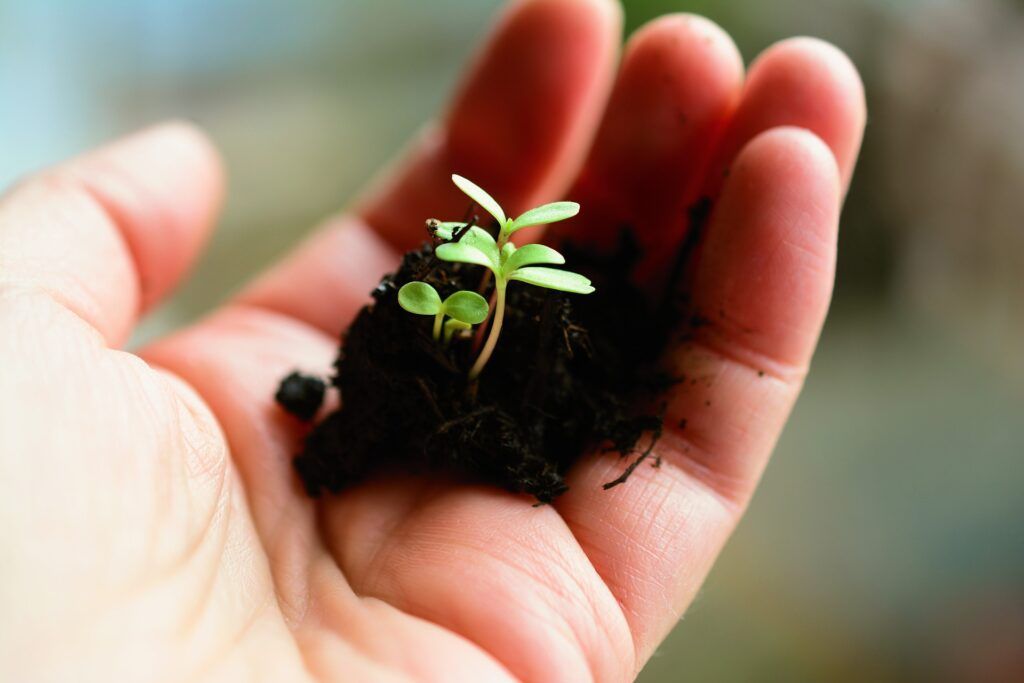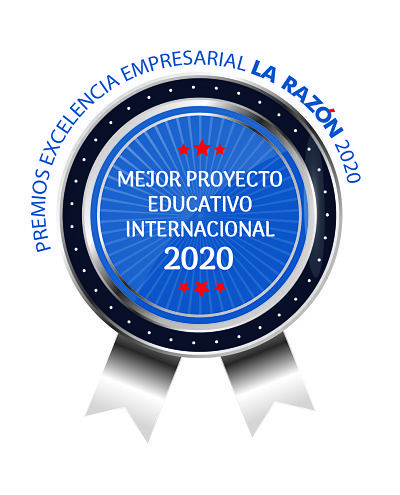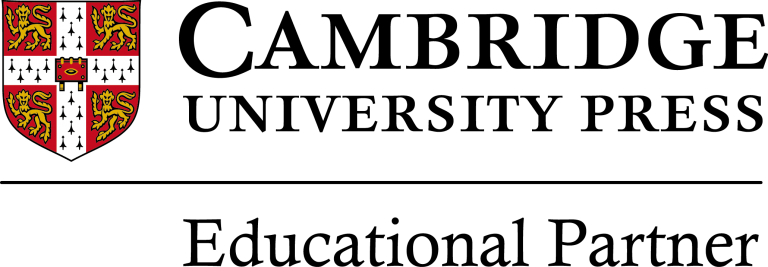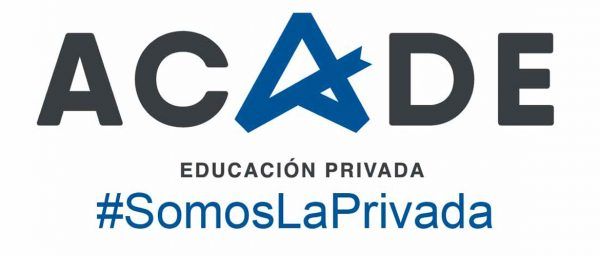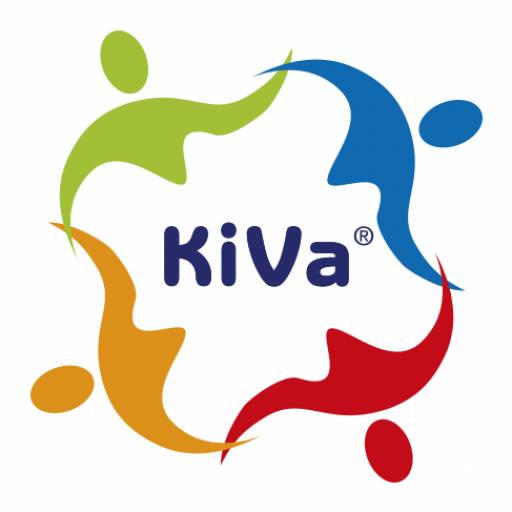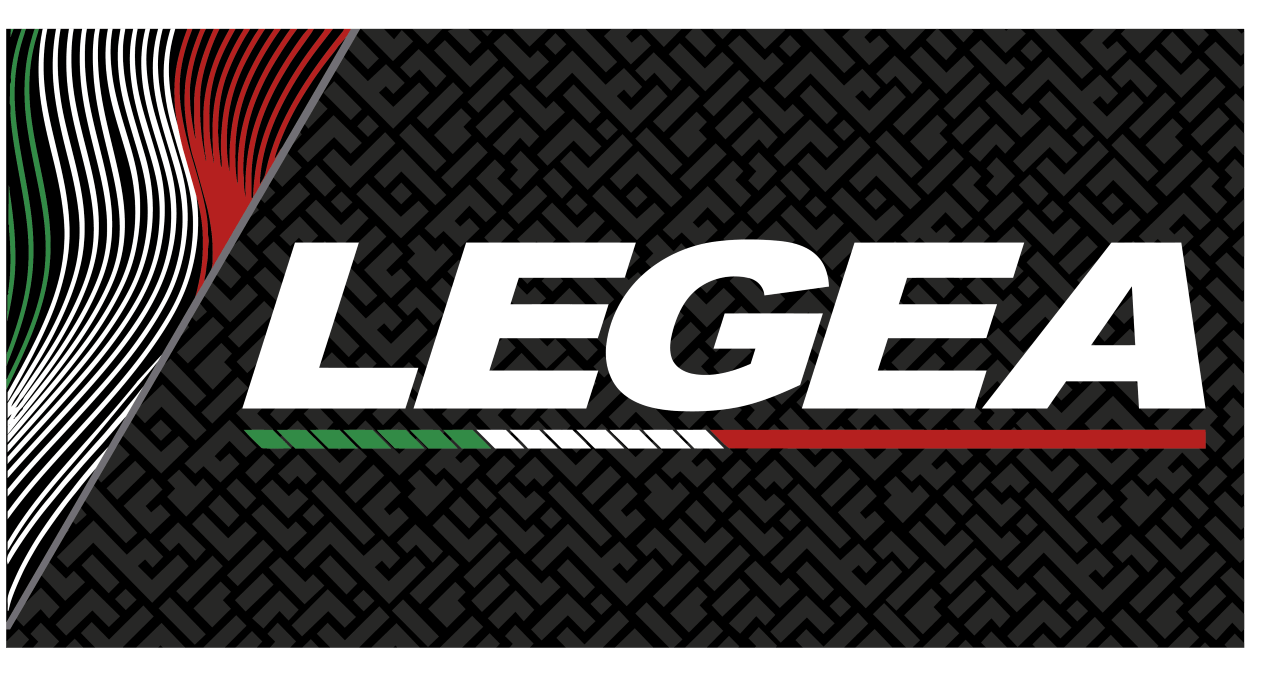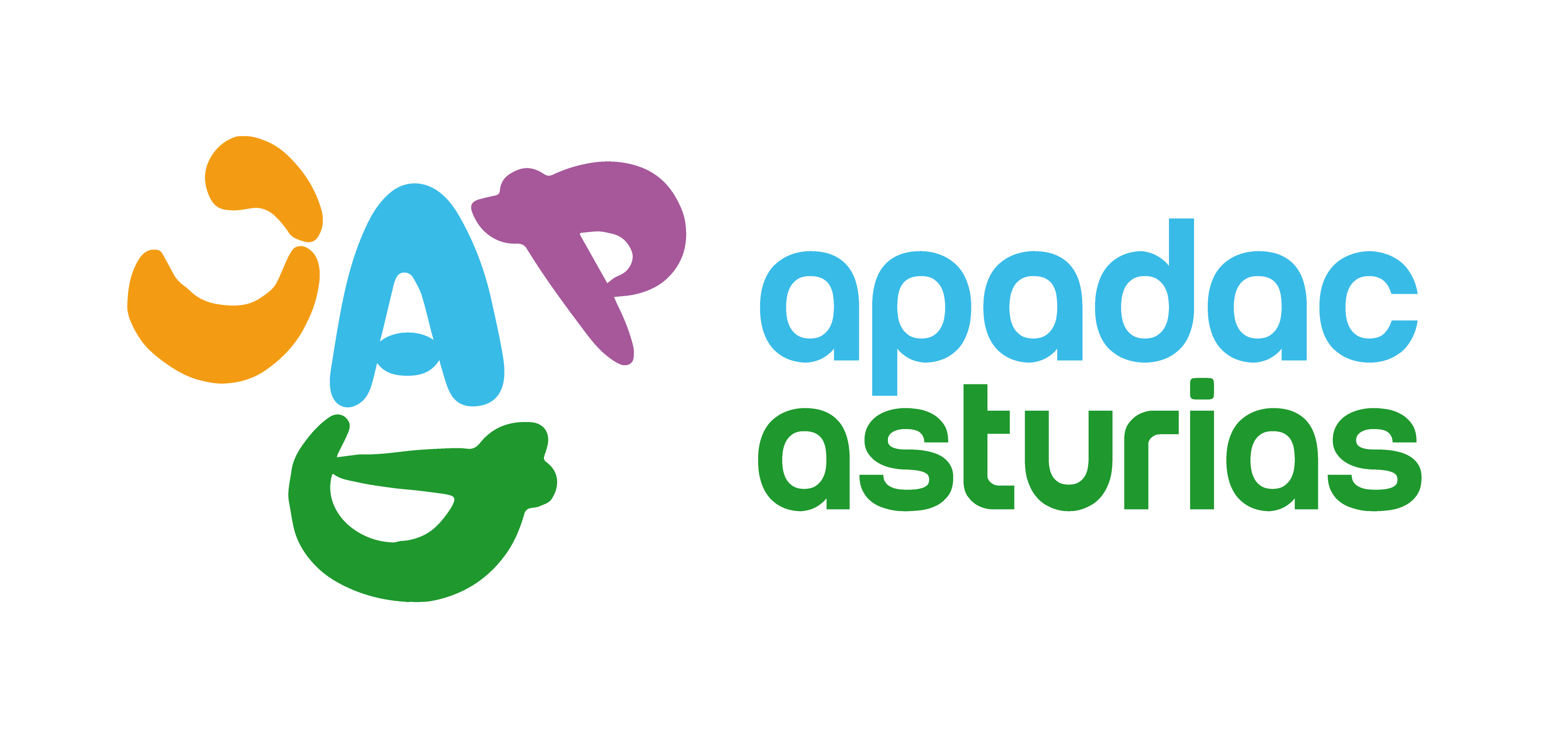Environmental education activities in primary and infant school
Environmental education activities in primary and infant school allow children to have contact with their environment and to be aware of the importance of nature. At Palacio de Granda we develop all kinds of activities, so that our students learn the values related to ecology.
The importance of environmental education
Environmental education should be part of the school content in kindergarten and primary school. The next generations have the opportunity to reduce their carbon footprint to reverse the consequences of climate change, if they learn from school that their impact on the environment can be positive, we will be getting the next generations to be aware and take global warming seriously.
The best way to teach environmental values is through immersive activities, with which they can perceive the value of nature and the influence we can exert on everything around us. Children can achieve that the consequences of global warming are reduced, both schools and families have the responsibility to promote environmental education that involves responsibility and good habits.
Environmental education activities in primary school
Among the environmental activities that we can carry out, we highlight the following.
Homemade crops
Homemade crops are the best way to see how nature works. There are all kinds of seeds that take up very little space and do not require special care beyond a suitable substrate and regular watering.
Plants such as tomato plants allow you to take care of living elements present in nature, whose development is carried out vertically, and therefore take up very little space. The important thing in this type of activity is to be aware that nature is a living organism, constantly evolving and transforming, whose development also depends on our daily responsibility. You can plant parsley as we did in our Eco-school with the little ones.
Recycling
Recycling is one of the most important routines related to environmental care. Through recycling we manage to reuse a large part of the materials we use on a daily basis, avoiding the indiscriminate consumption of resources.
When we talk about recycling activities for primary and infant children, it is important to focus on two objectives, on the one hand, it is important that children acquire routines related to the organization of waste, but they should also know the actual process of recycling and its importance.
Building personalized recycling containers is a good idea, using cardboard boxes we can have personalized recycling containers in which to deposit papers, plastics and other reusable items.
Visiting a recycling center will also allow them to be aware of the advantages of this type of process, knowing the procedures that are usually carried out.
Nest building
Environmental education activities in primary and infant education should also include interactions with native fauna. Building bird nests is very simple, it is only necessary to fix a base on top of which we can place a bird house, feeders or waterers.
The important thing is that they can perceive that there is a relationship between our actions and the daily life of the animals around us, if our actions are positive, the repercussions will also be positive.
Cuttings
Cuttings are also a way to learn how nature works. A cutting is a part of the stem, leaf or root of a plant that is introduced into substrate to grow independently.
One of the biggest concerns related to climate change is deforestation. Through actions such as planting cuttings, children can learn that there are different ways to help nature reproduce itself.
Ecological excursions
A very important part of their ecological education comes from outdoor activities. Every ecosystem has its own particularities, and will teach us specific aspects of nature, so walks in the countryside can be very educational.
It is important that during ecological excursions they have more information and can discover the richness of their immediate environment.
Recycled toys
Recycled toys are also a very practical way to discover the advantages of reusing materials. Building toys with materials we have at home is not only good for our environment, it is also a creative activity with which we can personalize the toys they use every day.
Both cardboard and plastic objects such as bottles can be used to develop all kinds of personalized toys.
Ecological cooking
The value of ecology is also in the kitchen. We are increasingly aware of how important it is to teach children the basics of food, the importance of choosing natural and organic products should be part of this process.
Children love to cook, they are always willing to lend us a hand and enjoy developing their own recipes, organic food has to be very present in their daily lives, so that they know its advantages.
Rural environments
Outdoor activities can also be developed in rural environments that are different from the urban spaces to which they are accustomed. Rural areas offer an incomparable natural wealth, it is easy to locate native fauna and flora, which helps them to learn about the life that exists in natural environments.
Animals in the wild
Seeing animals in the wild is an opportunity to see the habits of wildlife in their own environment. To get closer to the animal world it is not necessary to see great natural spectacles, sometimes it is as simple as observing the habits of ants and insects, checking how these animals live.
Compost
Composting means giving back to the earth what it has given us. A large box can be the perfect container to generate small amounts of compost, which serve as natural fertilizer for our plants.
The composition of compost should be accompanied by an explanation about the advantages of this homemade material for plants.
At Palacio de Granda we insist on the values associated with ecology. Our school is located in a privileged natural area, in the village of Lugarín, an ecosystem that allows us to teach first hand the ecological values that our students will need in the future.
